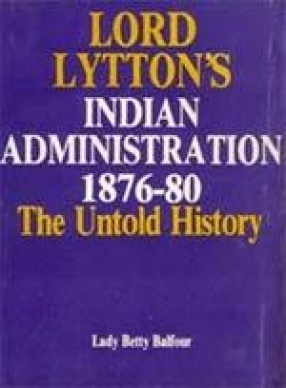This book explicates the relationship between man, mosquito and the colonial state, all three of which were enmeshed in an interlocking relationship and together constituted the stuff of the tragic saga of malarial fever in Bengal. The primary objective is to capture the interface between an epidemic and its social setting. Though basically concerned with the Bengal situation, this study is an extended exercise in mapping out cross-regional epidemic linkages. This study views disease and medicine as functions of power and knowledge informed by the relationship between the ruler and the ruled in a colonial society. The colonial administration did not have a homogeneous perception about how to deal with an epidemic, and reacted differently in different situations. It argues that malarial epidemic in Bengal was not an encounter between man and mosquito alone; colonial government had a decisive role in it. The epidemic was an integral part of the ecological disruptions brought about by colonial policies in the countryside. The underlying cause of the epidemic was indeed the endemic hunger, which the government preferred to regard as outside its general concern. In consequence, the Bengali society was held hostage both by the epidemic and by the colonial state.
Socio-Economic Condition of South West Bengal in the Nineteenth Century
The present volume is not ...
$44.10
$49.00





There are no reviews yet.